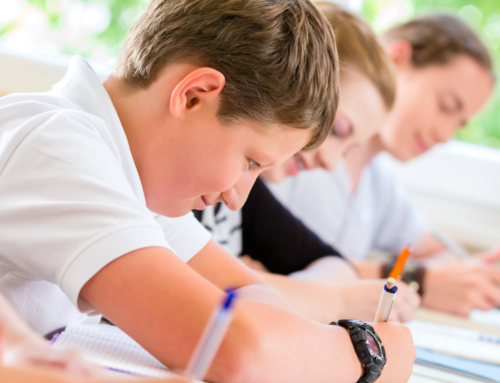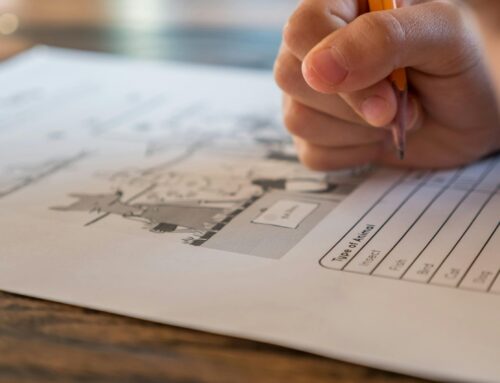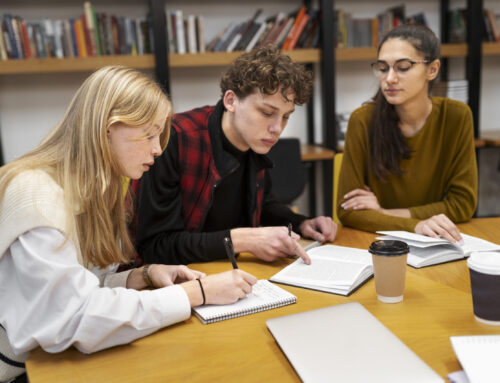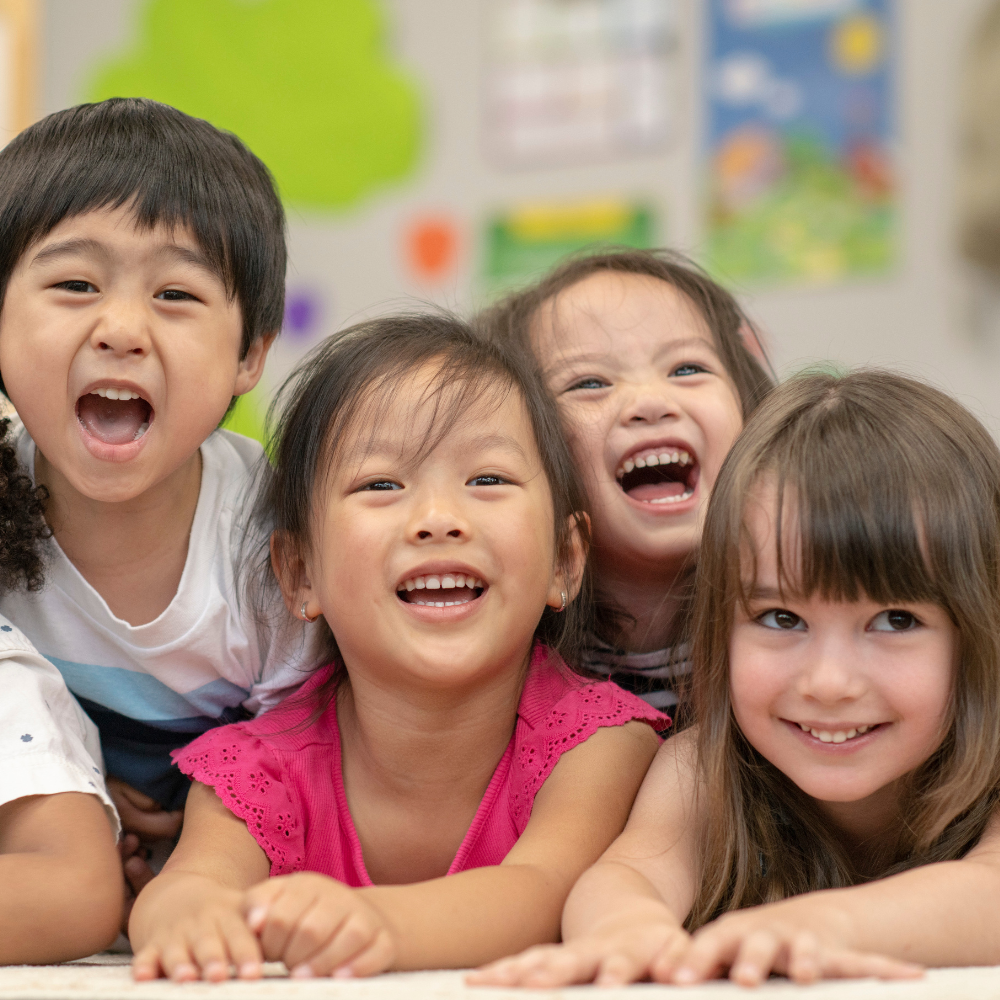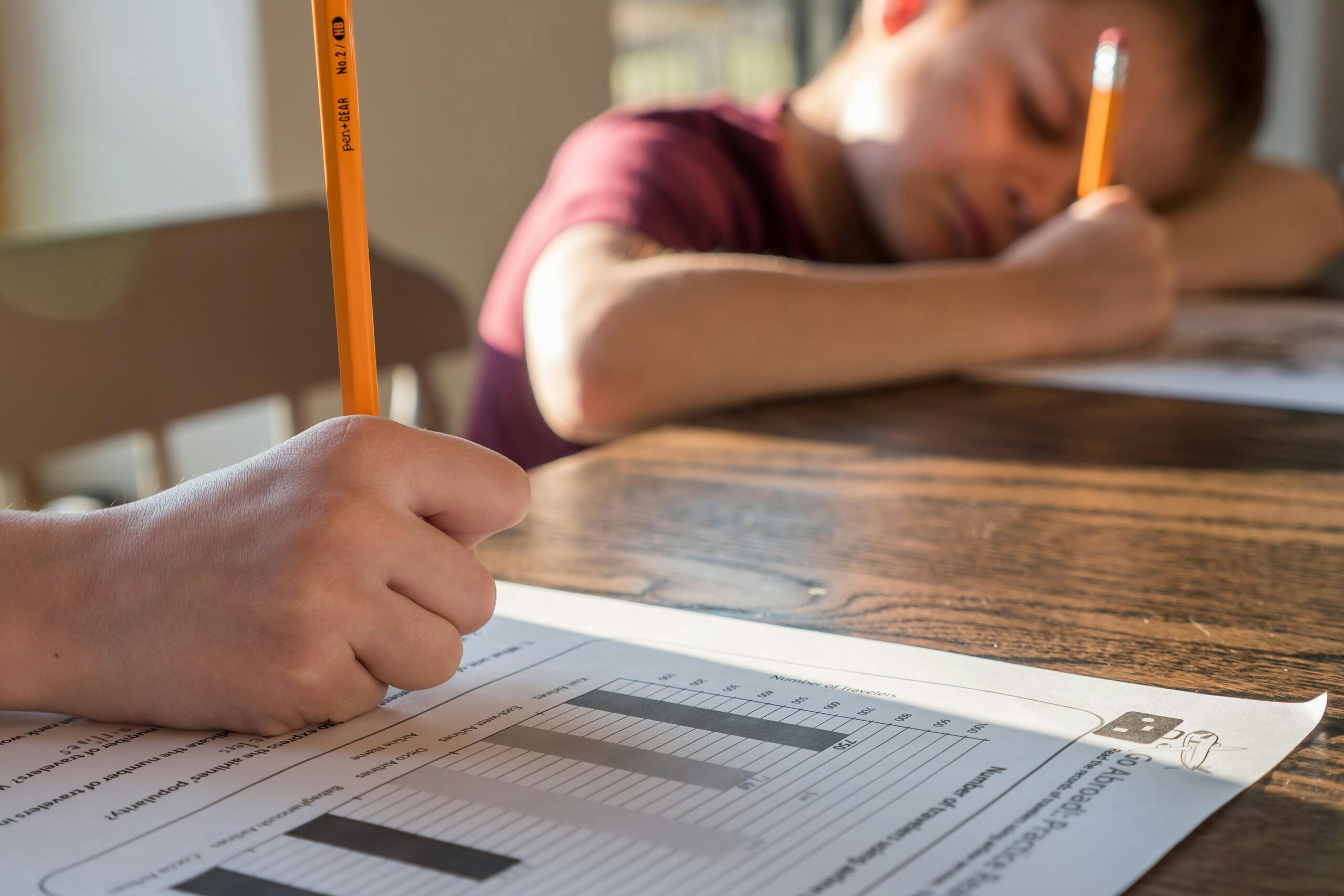Wellbeing, Digital Distraction and Schooling in Sydney: How Schools Are Tackling Mental Health and Tech Overload
The Cost of Constant Connection
For many Sydney teens, the school day doesn’t end when the bell rings. Homework is online, friendships live on Snapchat and TikTok, and even AI tools are becoming study partners.
While digital tools can empower creativity and collaboration, psychologists warn that constant connectivity can overload the developing brain.
Common signs seen by Sydney educators include:
- Shorter attention spans and multitasking fatigue
- Difficulty switching off from screens before bed
- Increased anxiety due to online comparison and performance pressure
- Reduced physical activity and face-to-face connection
“We gave kids powerful tech, but not enough tools to manage it. Now schools are being asked to fix what society hasn’t prepared them for,”
says Dr. Lucy Hart, a Sydney-based child psychologist.
How Sydney Schools Are Responding to Tech Overload
The good news? Many Sydney schools are now making wellbeing and digital balance part of everyday learning.
- Digital Wellbeing Programs
Schools like Newington College and Roseville College have introduced structured digital wellbeing curriculums that teach healthy online habits and self-regulation.
Some public schools are experimenting with tech free recess to rebuild real world social skills.
- Mindfulness and Mental Health Initiatives
The NSW Department of Education’s “Be You” program (run with Beyond Blue) helps teachers spot early signs of anxiety and stress.
Mindfulness sessions, yoga, and “calm corners” are becoming part of classroom culture — not just extra activities.
- Balanced Tech Policies
Sydney schools are also trialling “phone lockers” or limited smartphone access during school hours.
Instead of banning technology, teachers are promoting intentional use — focusing on when and why to be online, not just how.
What Parents Can Do at Home
Parents play a major role in supporting digital wellbeing. Experts recommend:
- Create screen-free zones – bedrooms and dinner tables are great starting points.
- Model balance – kids copy what adults do, not what they say.
- Talk about tech use openly – ask questions rather than imposing rules.
- Encourage real world downtime – sport, art, and outdoor time reduce fatigue.
- Check in emotionally – ask “How are you feeling about school?” as often as “What did you learn today?”
Sydney’s Challenge — and Opportunity
Sydney is at the forefront of the digital revolution. But if schools don’t find the right balance between screen time and mental health, we risk raising a generation that’s connected — yet constantly overwhelmed.
The goal isn’t to remove technology from classrooms, but to teach balance, mindfulness, and focus alongside digital literacy.
Because in 2025, true education means more than knowing how to use AI — it means knowing when to unplug.
How Global Education Academy Sydney Supports Student Wellbeing
As schools work to manage tech overload, Global Education Academy Sydney (GEA) is helping students and families find balance through structured, evidence-based learning.
Unlike many tutoring centres, Global Education Academy focuses on both academic success and student wellbeing. Their programs are designed to reduce stress, improve focus, and rebuild confidence all in a supportive, small-group environment.
At GEA, students learn to:
- Develop concentration and problem-solving skills
- Build self-confidence through deep conceptual understanding
- Create healthy study habits and routines
- Learn without screen dependency or cognitive overload
GEA’s Sydney tutoring programs are ideal for students who want to succeed academically and maintain emotional balance.
Explore how Global Education Academy can help your child thrive — visit Global Education Academy Sydney today.

Share this article
Written by : GEA Global Education Academy
Follow us

LOCATIONS
1 / 53-55 Montgomery Street Kogarah NSW 2217
4 William Steet Turramurra NSW 2074



